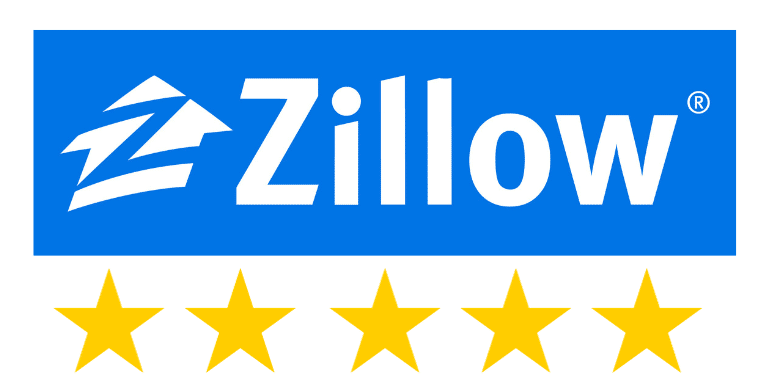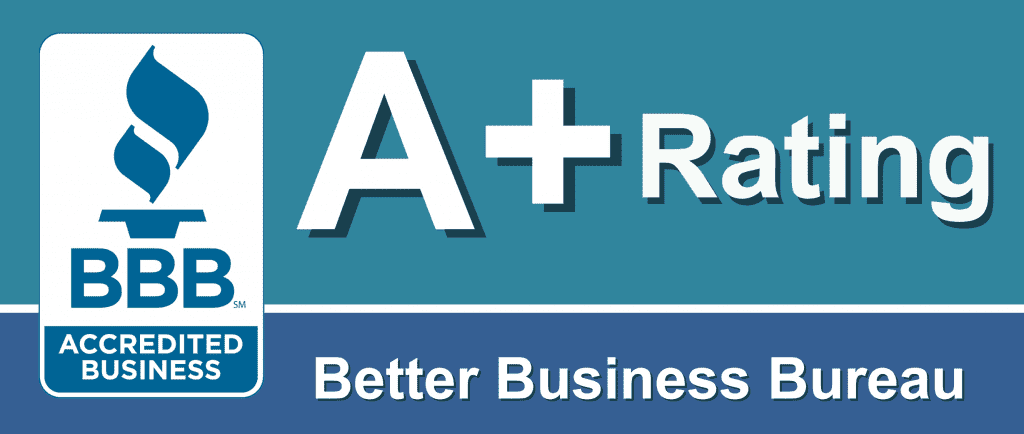Today’s California Mortgage Rates
California Mortgage Rates For
April 27, 2024
Conventional 30 Yr.
6.875%
APR 7.042%
FHA 30 Yr.
6.375%
APR 6.801%
VA 30 Yr.
6.25%
APR 6.662%
Rate Assumptions
What You Need To Know About
Today’s California Mortgage Rates
April 27, 2024 California mortgage rates are subject to volatility due to several years of persistent inflation post-COVID. Since late last year, California mortgage rates have been flat to slightly lower; however, that could change without notice if inflation moves higher. Check out our monthly report on the news and events that are impacting mortgage rates.
Purchase
The perfect guide for homebuyers.
Mortgage Calculator
Calculate your monthly mortgage payment.
Refinance
See our California refinance options.
Conventional Home Loans
Check your county’s home loan limit.
California FHA Home Loans
Easy qualification, and only 3.5% down.
California VA Home Loans
No downpayment requirement.
Economic and Industry Factors That Impact Mortgage Rates
Mortgage rates change whenever the market does, and sometimes that happens multiple times a day. Here are the economic and industry factors that impact mortgage rates.
Bond Market
The bond market, specifically the Mortgage-Backed Securities (MBS) market, is a major contributor to mortgage rate movement. Bond market volatility is bad for rates.
Inflation
When it comes to inflation impacting mortgage rates, there is a simple rule to follow: Higher inflation = higher rates. Lower inflation can lead to lower rates, but not always.
Jobs Report
Every month, usually on the first Friday of the month, there is a jobs report (8 am EST). If it’s stronger than expected, mortgage rates will generally be negatively impacted.
The Fed
The Fed does not directly impact mortgage rates, but they do influence the bond market, which then impacts mortgage rates. The Fed is the most powerful economic voice in the market.
Industry
A lot goes into determining a mortgage rate, and one of those factors is the internal industry dynamics. In times of “stress,” this can push mortgage rates higher until the stress subsides.
Lender
A lender’s operating cost and daily/monthly loan application volume can directly impact mortgage rates. Higher than anticipated costs and/or high volume leads to higher rates.
Loan Applicant Details That Impact Mortgage Rates
Here are the main loan applicant details that can impact mortgage rates.
- Loan type
- Loan amount
- Credit score
- Credit history
- Debt-to-income ratio
- County/location of the property
- Loan-to-value ratio (down payment or equity if a refinance)
When obtaining your mortgage rate quotes from various California mortgage companies, be sure to discuss with the loan officer the details of your situation to obtain the most accurate quote possible.
Do You have a question or need a quote?
Get A QuoteLow rates, fast closings, and exceptional service.
Our Mortgage Learning Center
Have you ever thought about the following:
Does the Fed set mortgage rates (they don’t)? What are government mortgages? Can someone please explain the Loan Estimate? Can I get someone to co-sign for my mortgage (yes, you can)? What exactly is “buying down the rate?”
If so, then the mortgage learning center is just for you!
California Mortgage Rate FAQs
As a top-rated mortgage broker in California, we believe in educating our clients about important topics related to mortgage rates. Here is a list of frequently asked questions related to today’s California mortgage rates.
What Are The California Conforming Loan Limits?
California’s conforming loan limits are updated every year by the Federal Housing Finance Agency (FHFA). You can check the current limits on koloans.com. Limits vary by county and property type.
What does it mean to “lock in” a mortgage rate?
It simply means that if the market moves up or down, your locked-in mortgage rate will not change. Your rate can adjust with the market if it’s not locked in. So, if you want to lock in today’s California mortgage rates, contact your loan officer (by email) to make that request.
How Do I Find The Best California Mortgage Rates?
It’s not as hard as you think. I have a simple five-step process for finding the best California mortgage rates for your next purchase or refinance transaction. A top-rated mortgage broker is generally going to have the best California mortgage rates. The reasons are simple: they have access to more than one funding source, and their cost structure to operate is generally lower than a bank or a direct lender.
When you apply, are you required to lock in your mortgage rate?
No, at least not with us. Some mortgage companies require you to lock in your mortgage rate at the time of application, and others won’t let you lock in your rate until closing (or after the underwriter approves the application).
What is a mortgage rate float-down option?
In some circumstances, we can offer clients a “mortgage rate float down” option when locking in their rate. A mortgage rate float down is when the market improves enough after you lock that the lender offers you better terms. Improvement generally has to be 0.25% or greater before a lender will consider a float-down.
How should I compare today’s California mortgage rates online?
When comparing today’s California mortgage rates online, it’s important to know that each website has listed rates based on different home loan scenarios. And some websites have dozens of lenders listed, which means each one of those home loan lenders has its own loan scenario.
It’s important to keep these four facts in mind when you compare today’s California mortgage rates online.
- The rates listed are not quotes.
- These websites do not always provide rates for your specific loan scenario.
- Mortgage rates are not set in “stone”; they can and often change daily.
- These websites make money when you “click” on a lender’s rate listing.
Online mortgage rates for California lenders are a rough snapshot of today’s California mortgage rates for a particular loan scenario. Our website displays an “assumption” link so that it’s easy to learn what home loan scenario our mortgage rates are based on.
Can you explain the difference between a fixed-rate mortgage vs. an adjustable-rate mortgage?
A fixed-rate mortgage is where your mortgage rate and your payment never change.
An adjustable-rate mortgage is when your mortgage rate and monthly payment can adjust. Typically, the rate and payment stay the same for a short period of time (such as 5, 7, or 10 years), and then the rate and payment adjust every year after that.
The benefit of a fixed-rate mortgage is certainty and stability. You always know your mortgage rate and monthly payment amount since they never change.
The benefit of an adjustable-rate mortgage is a potentially lower mortgage rate and monthly payment.
What is “qualifying income,” and how does it impact your mortgage rate?
Qualifying income is the amount of money you earn that can be used to determine if the underwriter can approve your home loan application.
And yes, qualifying income does impact your mortgage rate. The more qualifying income you have, the more mortgage rate options you will have.
What is a mortgage APR?
Your mortgage APR is a rate that represents the costs you are paying and the interest rate your home loan is based on. It’s important to know that not all loan officers calculate the APR correctly. To get your best reading of the mortgage cost, obtain all the fees and costs in writing.
What is a California lender closing cost credit?
Sometimes, a California lender will issue a closing cost credit at closing. This credit will help reduce your closing costs (lender fees, title, escrow fees, etc.). Not every loan is eligible for this; be sure to discuss your options for obtaining a closing cost credit with your loan officer.
What is daily interest?
When you complete your transaction, you should know you will pay daily interest to your new lender. This interest is charged on all new first-lien mortgages and starts the day the loan is funded.
What are Discount Points and Loan Origination fees, and how do they impact your mortgage rate?
Today’s California mortgage rates can come with Discount points and/or Loan Origination fees.
These costs/fees are based on a percentage of the loan amount. So, if you have a $300,000 mortgage and are paying one origination (or one discount), you are paying $3,000 in costs to obtain the quoted rate. Two points equal $6,000 in costs.
Your mortgage rate is impacted by the presence or lack of Discount Points and/or Origination fees. The industry norm is this: the more Discount Points/Loan Origination fees you pay, the lower your mortgage rate will be (to a certain extent).
The fewer Discount Points/Loan Origination fees you pay, the higher your mortgage rate will be.
A mortgage lender might or might not charge points and/or Origination fees. Top-rated mortgage brokers like us provide a breakdown of costs/fees for every loan they provide. If you have questions, be sure to ask your loan officer.
What is the Loan Estimate, and does it show your mortgage rate lock?
The Loan Estimate is a document that your mortgage broker provides. It discloses your mortgage rate, term length if you have impounds, and costs/fees. It also has information about your APR and whether another lender can service the loan.
Some home loan applicants think that if they receive a Loan Estimate, then their rate and terms are “locked in.” That is not the case unless the “YES” box is checked at the top of page one of the Loan Estimate next to “RATE LOCK.”
If you think your rate and terms are locked, then double-check the “YES” box is checked.
When locking in a mortgage rate, how important is your credit history?
Very important! Your credit score directly impacts your rate. And the key to getting a low mortgage rate is a high credit score!
Understanding what is on your credit report will give you the vital information you need to shop for a new loan. If there are any errors, be sure to correct them, especially if they are causing your interest rate to increase.
If you have credit card balances above 30% of your credit limit, try to pay them down 60-90 days before applying for a home loan. Once you go above a 30% ratio, it negatively affects your credit.
Do You have a question or need a quote?
Contact KevinLow rates, fast closings, and exceptional service.












